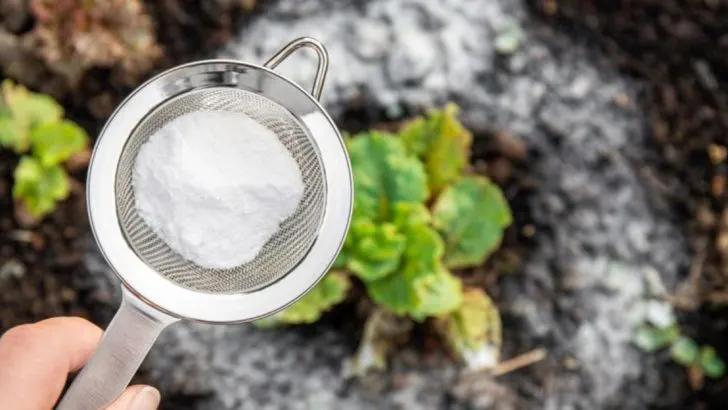Gardening doesn’t always require fancy tools or expensive products. In fact, many common household items can be used to boost plant growth and enhance the health of your garden. From kitchen scraps to everyday waste, these easily accessible items can work wonders for your plants without breaking the bank.
Using natural and sustainable solutions not only helps your plants thrive but also reduces waste around the house. Whether you’re looking to improve soil fertility, retain moisture, or deter pests, these household items can provide the essential nutrients and support your plants need to grow strong and healthy.
In this article, we’ll explore 16 surprising household items you can use to boost plant growth, helping you nurture your garden in an eco-friendly and budget-conscious way.
Coffee Grounds
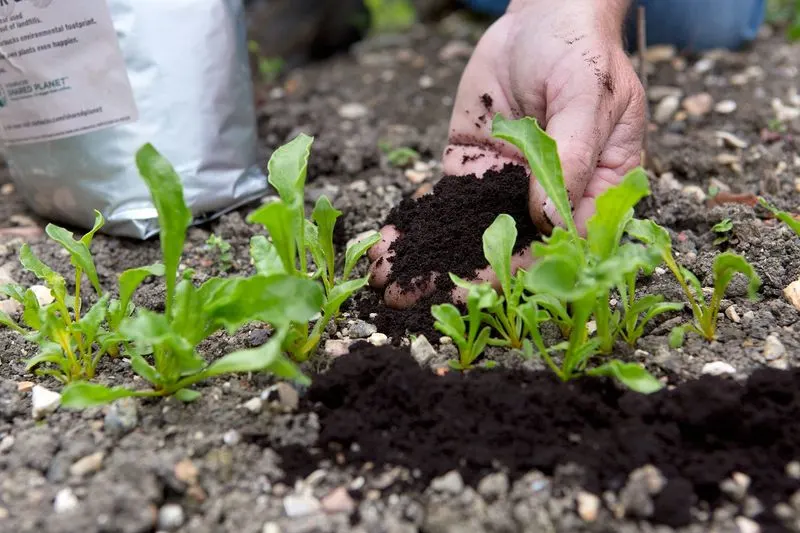
You might enjoy coffee for a morning pick-me-up, but your plants can also benefit from the leftover grounds. Rich in nitrogen, coffee grounds can improve soil structure and increase nutrient content. Simply sprinkle them around your plants or mix them into the soil to create a slow-release fertilizer that will benefit acid-loving plants like roses and tomatoes. Be cautious not to overdo it, as too much can lead to soil acidity. Regular, moderate use can keep your plants thriving without the need for chemical fertilizers.
Eggshells
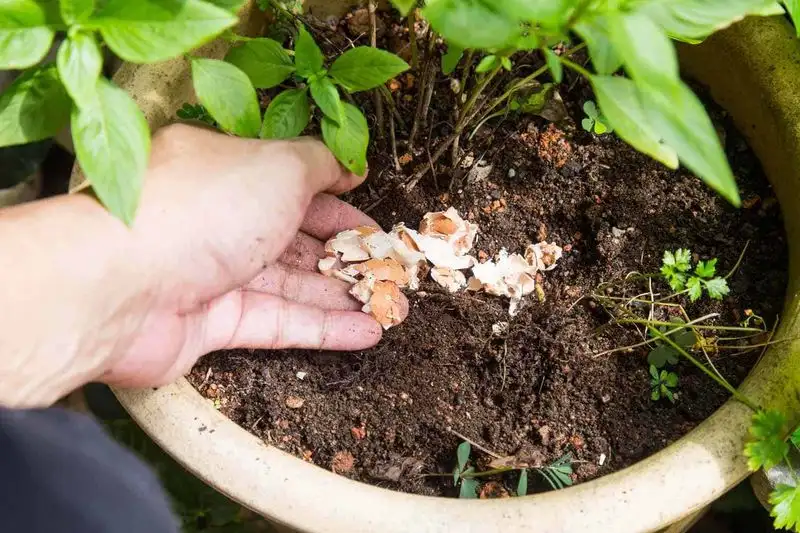
Don’t toss those eggshells after breakfast! Crushed eggshells are an excellent source of calcium, which helps plants build strong cell walls. This household item can also deter pests like slugs and snails. Scatter the crushed shells around the base of your plants or mix them into the soil. This simple addition can prevent blossom end rot in tomatoes and peppers by providing the necessary calcium. It’s an easy and natural way to enhance your soil’s nutrient profile, contributing to healthier plant growth.
Banana Peels
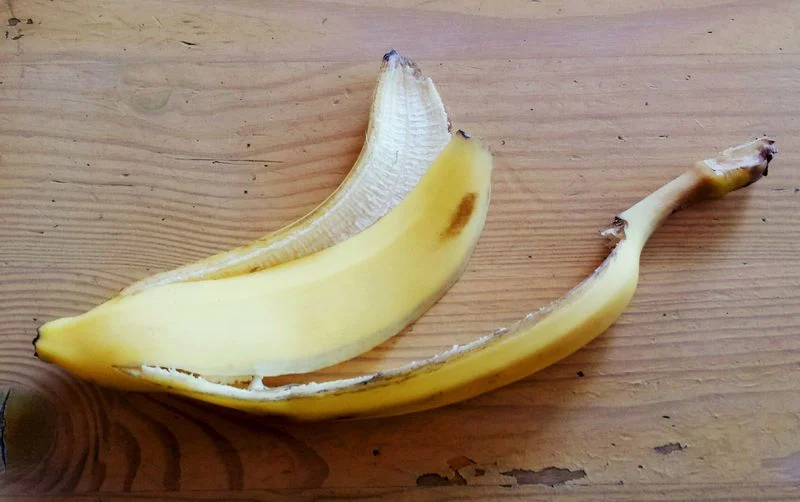
Instead of discarding banana peels, consider their rich potassium content, essential for plant health. Chop the peels and bury them in the soil or add them to your compost pile to break down naturally. Potassium strengthens plant stems and improves resistance to diseases, making banana peels an effortless way to boost your garden’s vitality. This method is particularly beneficial for flowering plants, helping them produce more vibrant blooms. A natural, waste-free solution that recycles kitchen scraps into plant nourishment.
Vinegar
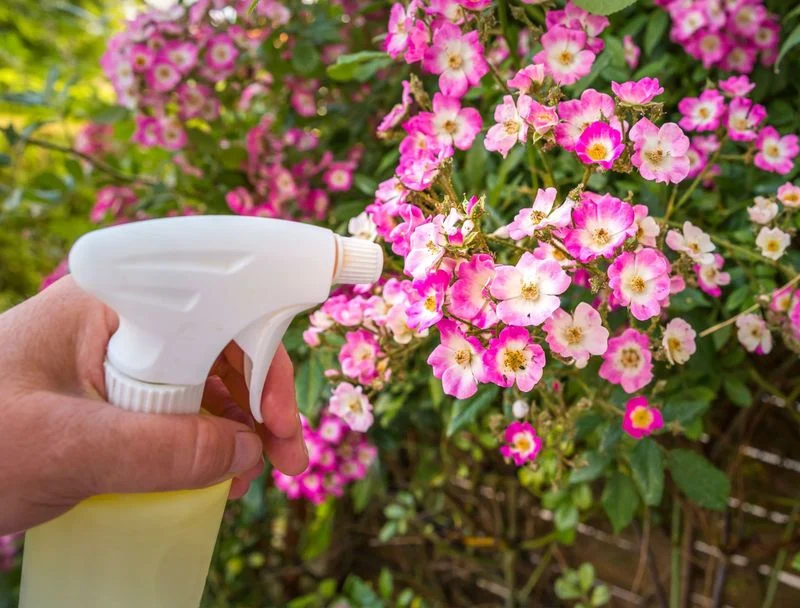
Although known for household cleaning, vinegar can play a role in the garden by lowering soil pH. Useful for acid-loving plants like rhododendrons and azaleas, a diluted vinegar solution can help adjust alkaline soils. Mix one cup of vinegar with a gallon of water and apply it sparingly, taking care not to overuse, as this can harm plants. This simple, cost-effective solution can create an ideal environment for specific plants to thrive, enhancing their color and growth.
Baking Soda
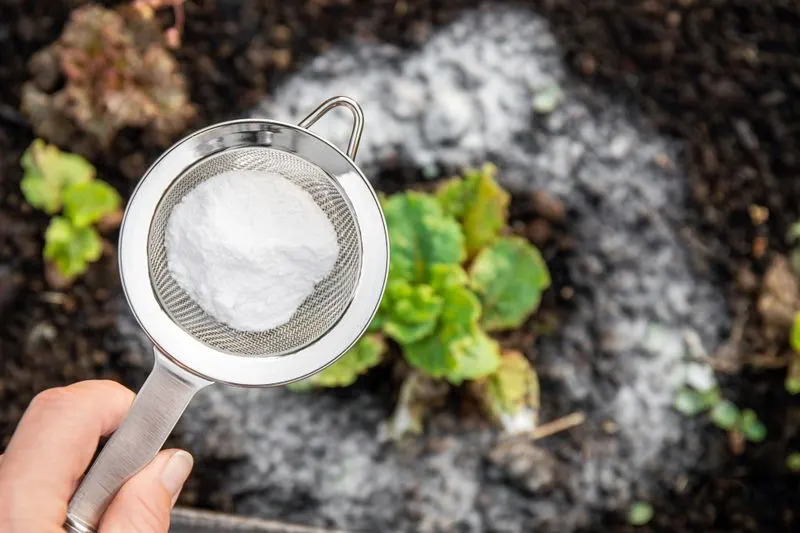
Baking soda isn’t just for baking; it can help plants too. Acting as a natural fungicide, it can prevent powdery mildew and other fungal diseases. Mix one tablespoon with a gallon of water and spray it on affected plants. Regular application can keep your plants disease-free and improve their overall health. Ideal for vegetable gardens and ornamental plants, this household staple is a gentle way to combat plant ailments without resorting to harsh chemicals.
Epsom Salt
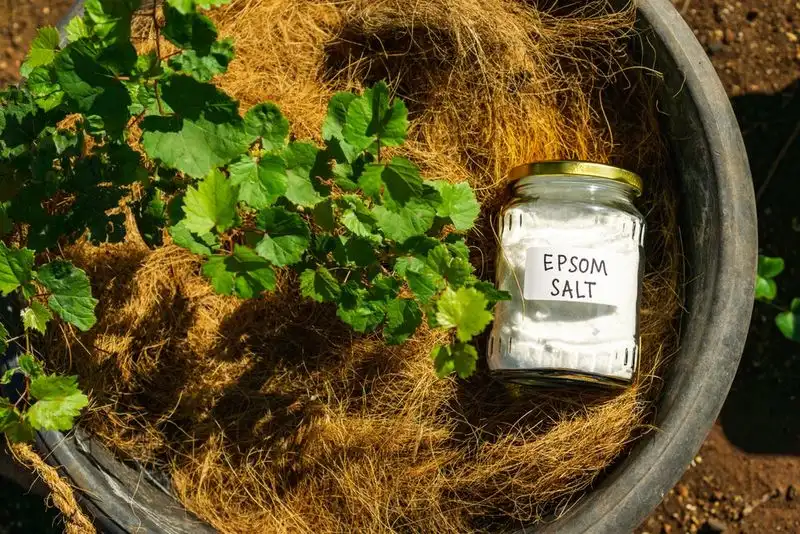
Epsom salt, rich in magnesium and sulfate, is a natural way to enhance plant growth. Dissolve it in water and use as a foliar spray or soil drench. These minerals are vital for photosynthesis and can promote greener leaves and more robust plant growth. Particularly effective for tomatoes, peppers, and roses, Epsom salt is an easy addition to your gardening routine that can result in healthier, more vibrant plants. Regular use ensures your garden is getting essential nutrients.
Aspirin
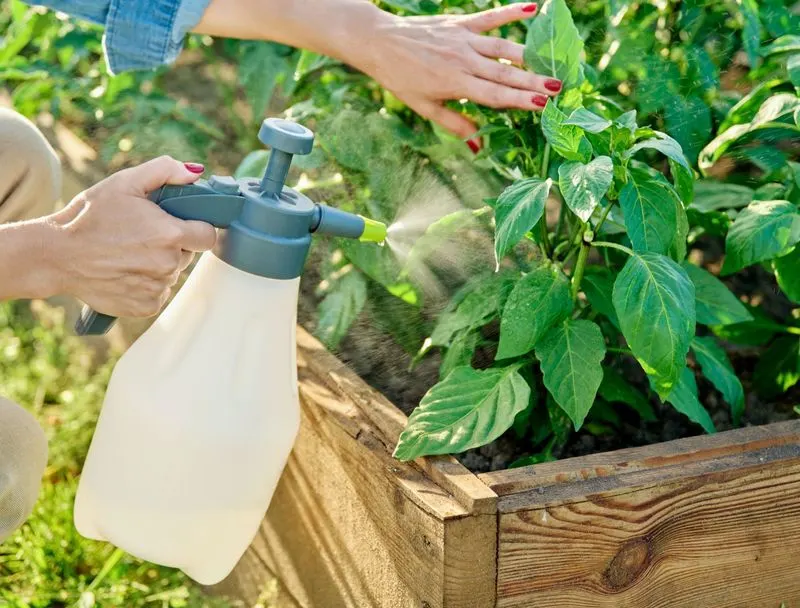
Aspirin isn’t just for headaches; it can boost plant resilience by strengthening their immune systems. Dissolve a tablet in a gallon of water and use it to water your plants. This solution can increase your plants’ resistance to diseases and pests. Researchers have found that it can trigger a defense response in plants, enhancing their ability to fight off infections. It’s a simple and inexpensive way to give your garden an extra layer of protection.
Cinnamon
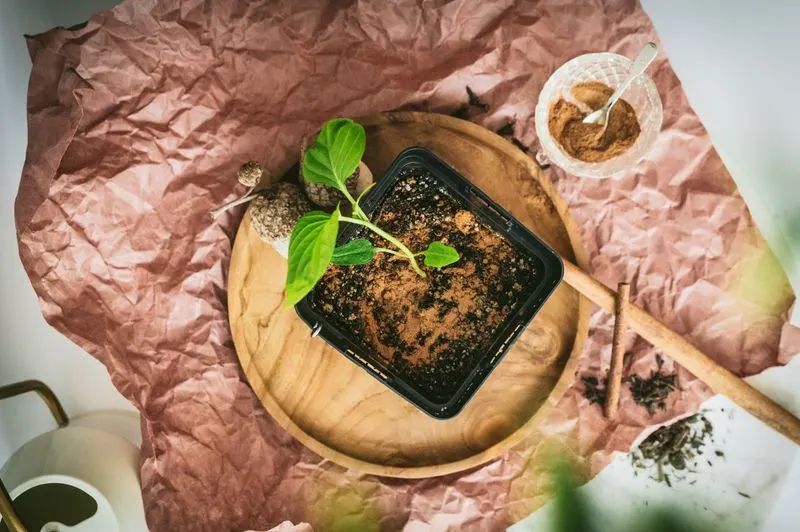
Cinnamon can be more than just a spice; it’s a natural anti-fungal and rooting agent. Sprinkle cinnamon powder on seedlings to protect them from damping-off disease. Its anti-fungal properties can prevent diseases that thrive in high humidity. Additionally, dipping cuttings in cinnamon before planting can encourage root growth. This versatile spice is a wonderful addition to any gardener’s toolkit, offering a simple, fragrant way to protect and nurture plants.
Chamomile Tea
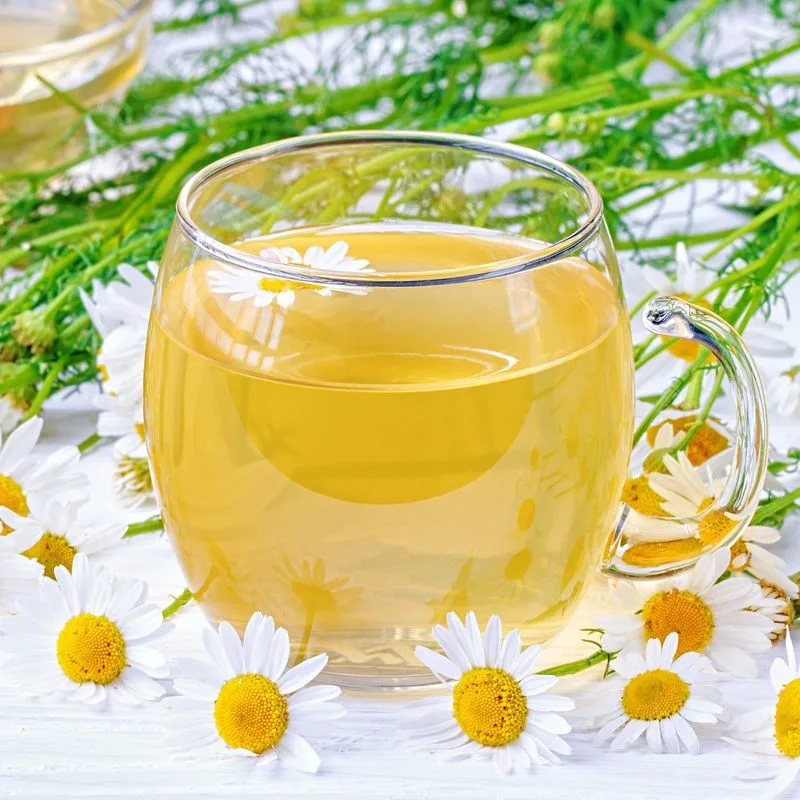
Chamomile tea isn’t just soothing for humans; it’s a gentle fungicide for plants. Water seedlings with cooled chamomile tea to prevent damping-off and other fungal issues. The natural compounds in chamomile can boost plant health, reducing the likelihood of disease. This simple remedy can be particularly useful for young plants that are more susceptible to fungal infections. Providing a calming environment for your garden has never been easier, with this natural, aromatic solution.
Carbonated Water
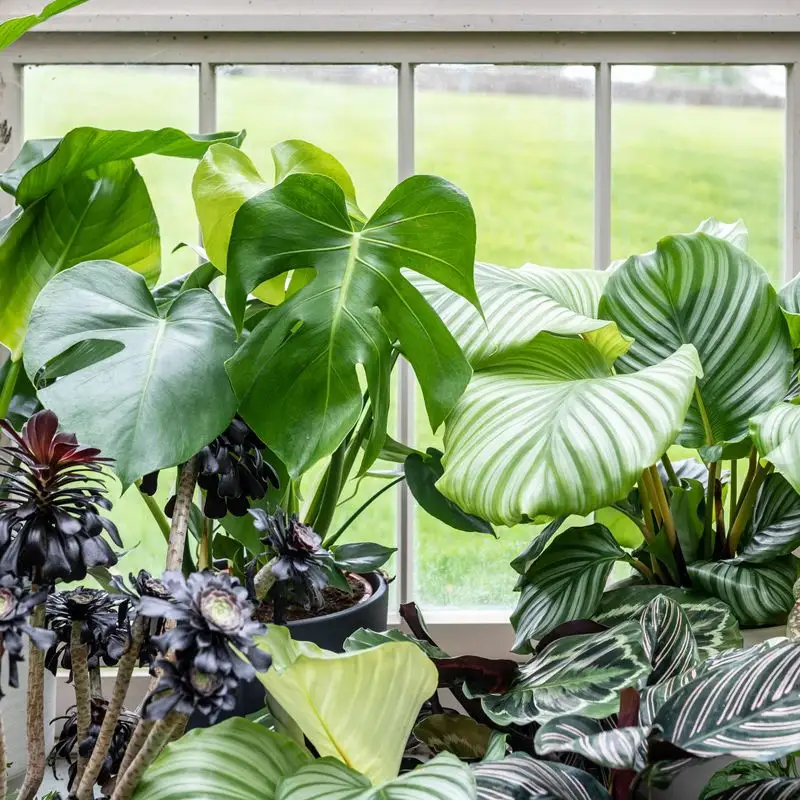
Carbonated water isn’t just a refreshing drink; it can also provide essential nutrients to plants. Rich in minerals like potassium and phosphorus, it can boost plant growth when used as a watering solution. Simply substitute regular water with carbonated water once a week to see healthier, more vigorous plants. The minerals help improve root development and overall plant vitality. It’s a fizzy way to give your plants a nutrient boost without complicated fertilizers.
Milk
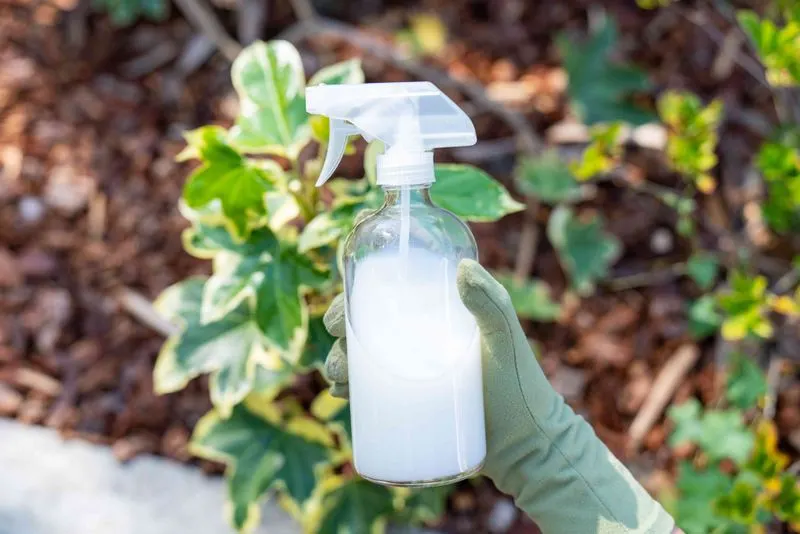
Milk can do wonders beyond nutrition; it’s also a natural pesticide and fungicide. Dilute milk with water and spray it on plant leaves to tackle powdery mildew or use it to clean plant foliage. Its nutrients, like calcium, boost plant health and growth. Regular application can prevent fungal diseases and keep your garden green and healthy. This household staple offers a surprising way to protect and nurture your plants, providing both a nutrient boost and a defense against common garden ailments.
Hydrogen Peroxide
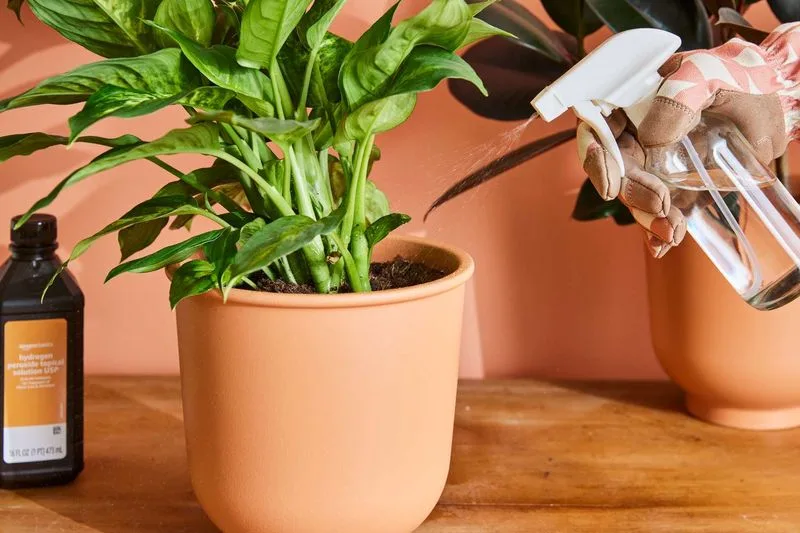
Hydrogen peroxide is more than a first-aid staple; it’s a powerhouse for plants. Its oxygenating properties can promote root growth and prevent root rot. Mix a tablespoon with a gallon of water and use it to water plants, ensuring roots get plenty of oxygen. This solution can rejuvenate struggling plants and is particularly effective for overwatered plants. It’s a simple, effective way to improve plant health and vitality, giving your garden a much-needed oxygen boost.
Molasses
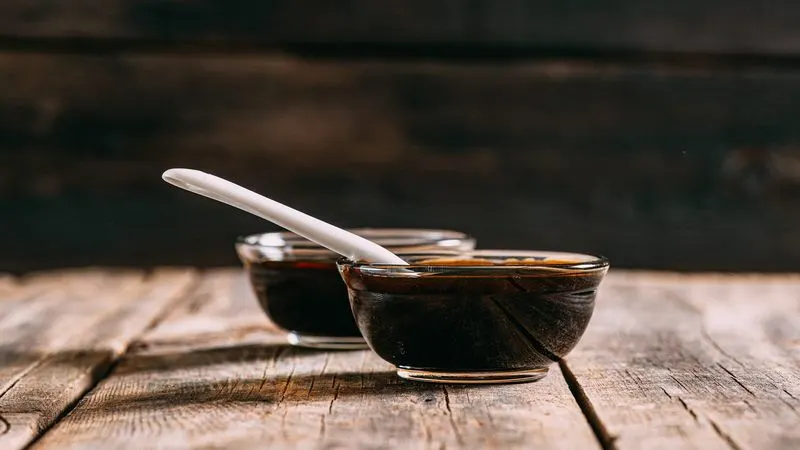
Molasses, with its rich nutrient content, can invigorate plant growth. Dilute molasses with water and use it as a soil drench or foliar spray. The sugars feed beneficial microbes in the soil, improving soil health and plant growth. It’s particularly useful for vegetable gardens, helping to produce robust, healthy plants. By boosting microbial activity in the soil, molasses contributes to a thriving ecosystem that supports plant vitality. An unexpected but highly effective addition to your gardening arsenal.
Soap
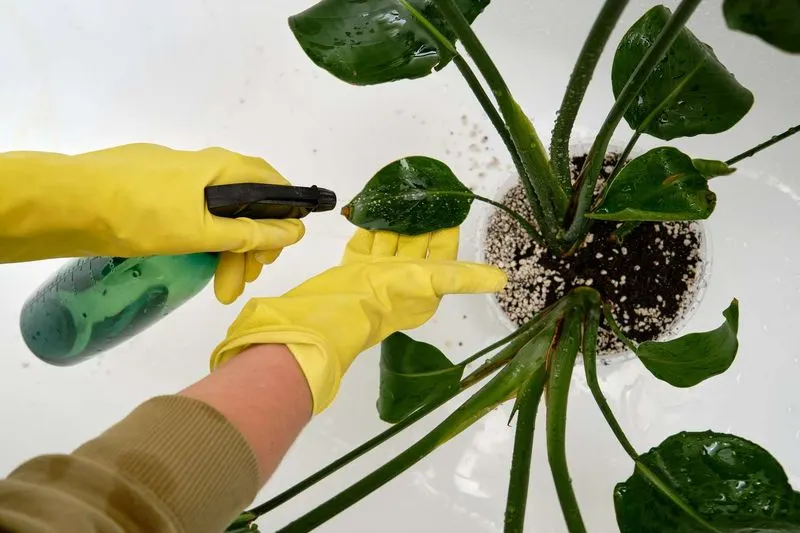
Plain soap isn’t just for cleaning; it can be a gentle insecticide. Dilute soap in water to create a spray that can control aphids, mites, and other pests. This solution is safe for plants and the environment, offering a natural alternative to chemical pesticides. Regular use can keep pests at bay, ensuring healthy and vibrant plants without the need for harmful chemicals. A simple, eco-friendly way to protect your garden from unwanted visitors.
Sugar
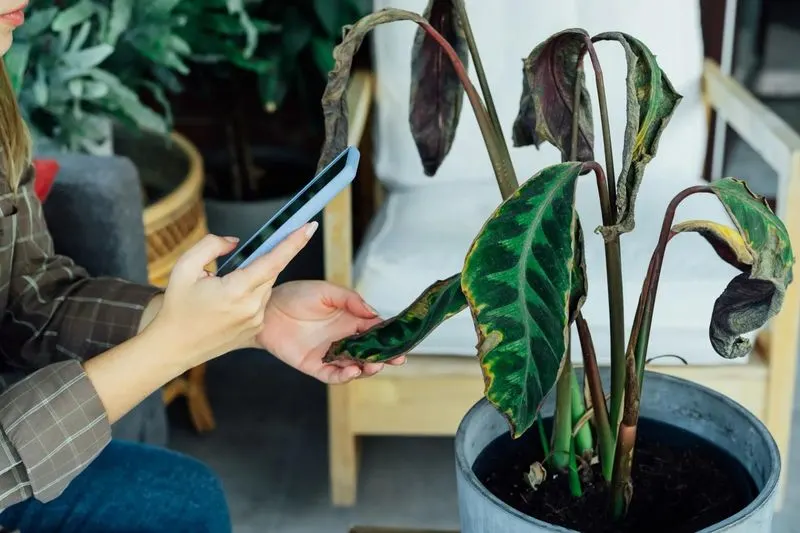
Sugar might be sweet for your coffee, but it can also feed beneficial soil microbes. Sprinkle a small amount into the soil to encourage microbial activity, which in turn supports plant growth. This simple addition can enhance soil health, providing plants with a nutrient-rich environment. It’s particularly effective for boosting the growth of flowering plants, leading to more vibrant blooms. An easy way to improve your garden’s vitality without resorting to synthetic fertilizers.
Gelatin
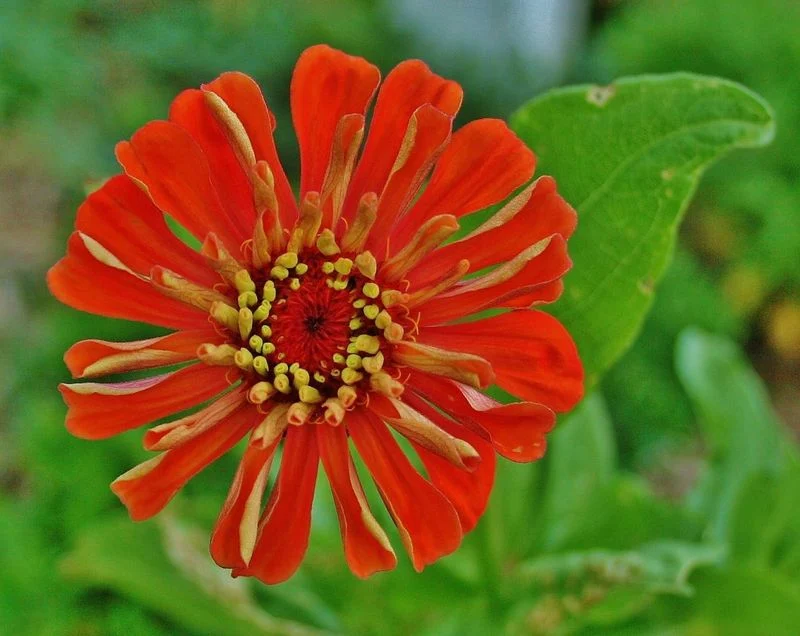
Gelatin, often used in the kitchen, can be a great source of nitrogen for plants. Dissolve it in water and use it to feed your plants, giving them a boost of essential nutrients. This natural source of nitrogen supports healthy leaf growth and vibrant plant color. It’s a simple way to recycle kitchen ingredients into plant food, promoting a more sustainable gardening practice. By enriching the soil, gelatin helps create a thriving environment for your plants to flourish.

